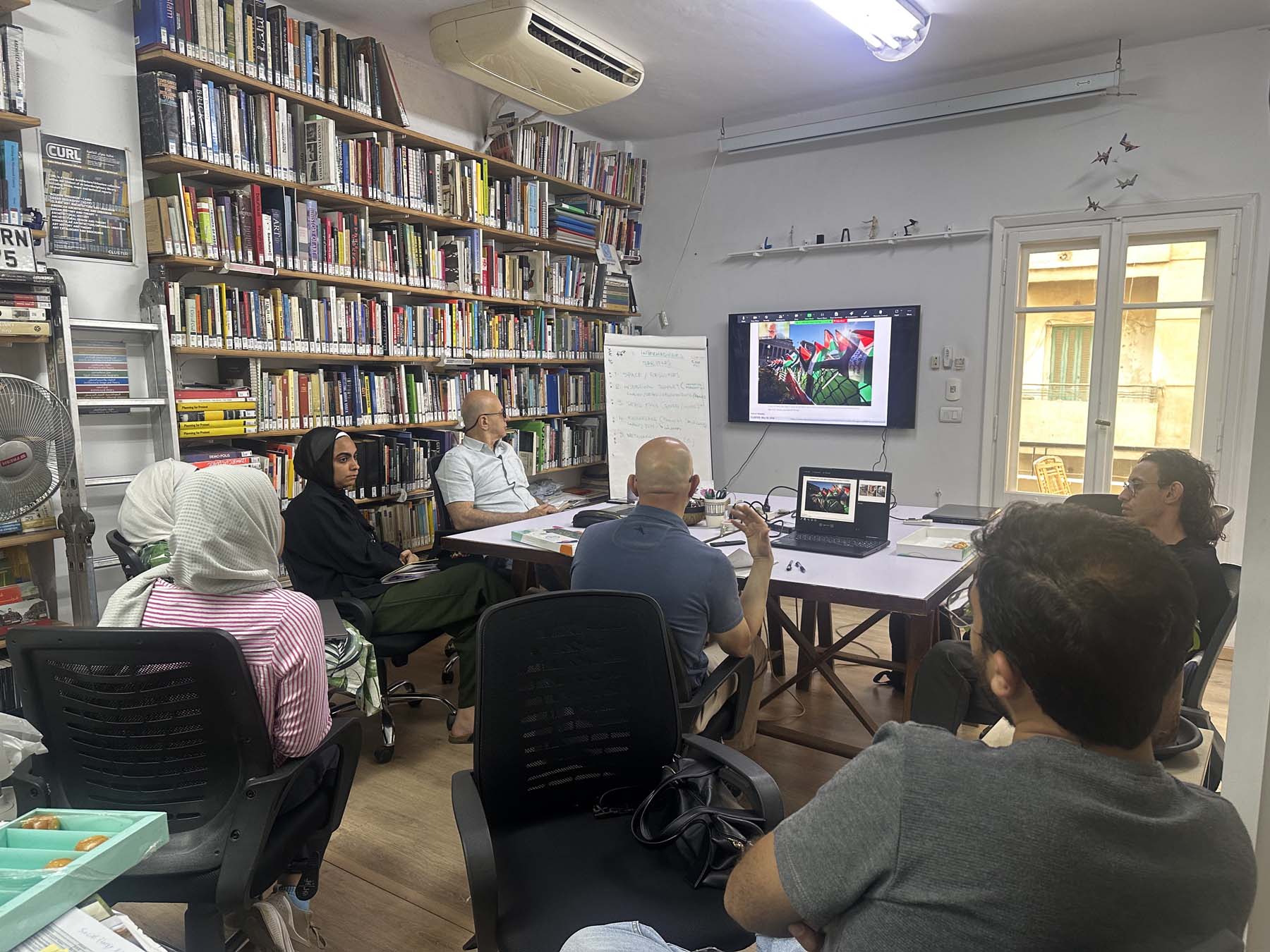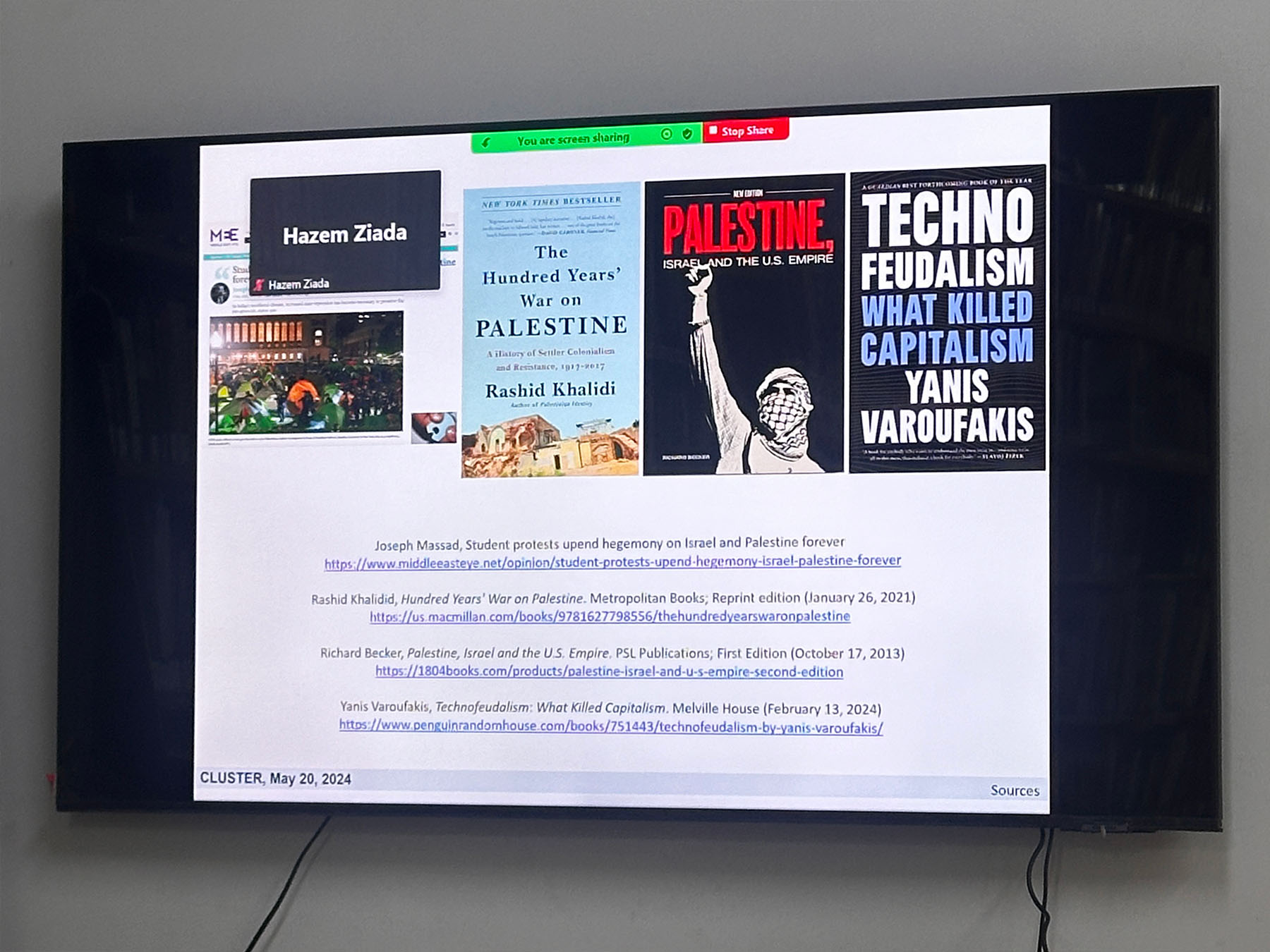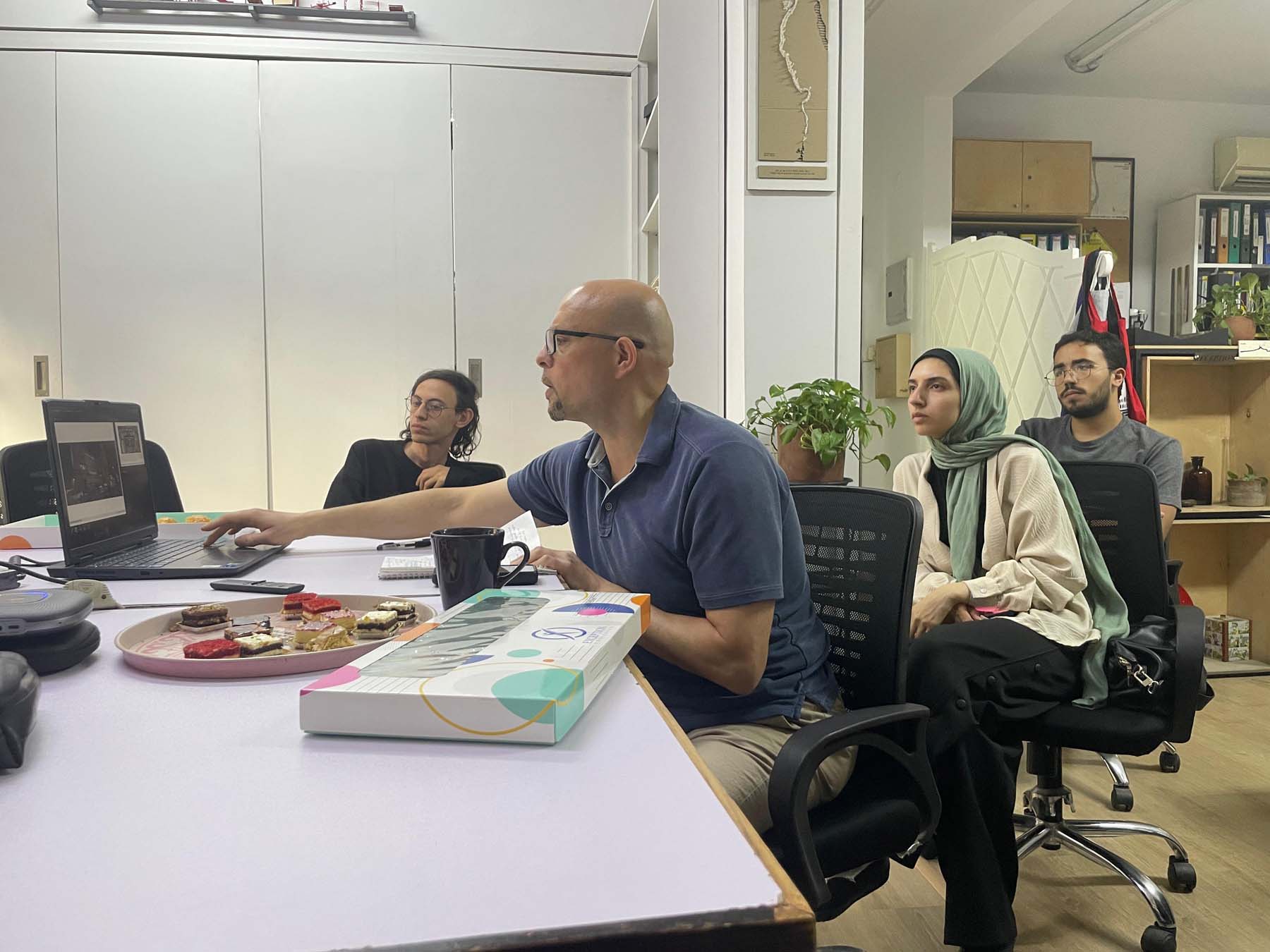BDS Movement in US Campuses: History and Current Politics
Hazem Ziada
Hazem Ziada, PhD (Georgia Tech 2011), who is currently a Senior Lecturer at Manchester School of Architecture (UK), Flux Atelier.
Ashraf Abdalla
A PhD candidate in Architecture History at GSAPP, Columbia University, and an Adjunct Professor at Pratt Insitute, Undergraduate Architecture
Throughout the past half century, university campuses in the United States have been sites and a safe space for students to exercise their right to free speech, support different marginalized communities and their causes, and oppose governmental and institutional affiliation with immoral organizations and entities. Their lineage could be traced back to the civil right movement, the anti-Vietnam war protest, divestment from South African Apartheid, and demonstrations against war in Iraq. With the pro-Palestine solidarity movement sweeping cities in the United States and other European countries in response to the continued brutal aggression in Gaza, students across various Ivy League schools and beyond started encampments in solidarity with Palestine demanding their schools to divest from companies linked to Israel and weapons manufacturing companies. This discussion reflects on the evolution and modality of the BDS movement in US campuses, its parallels with the divestment campaign from SA apartheid regime, as well as the challenges facing it.








